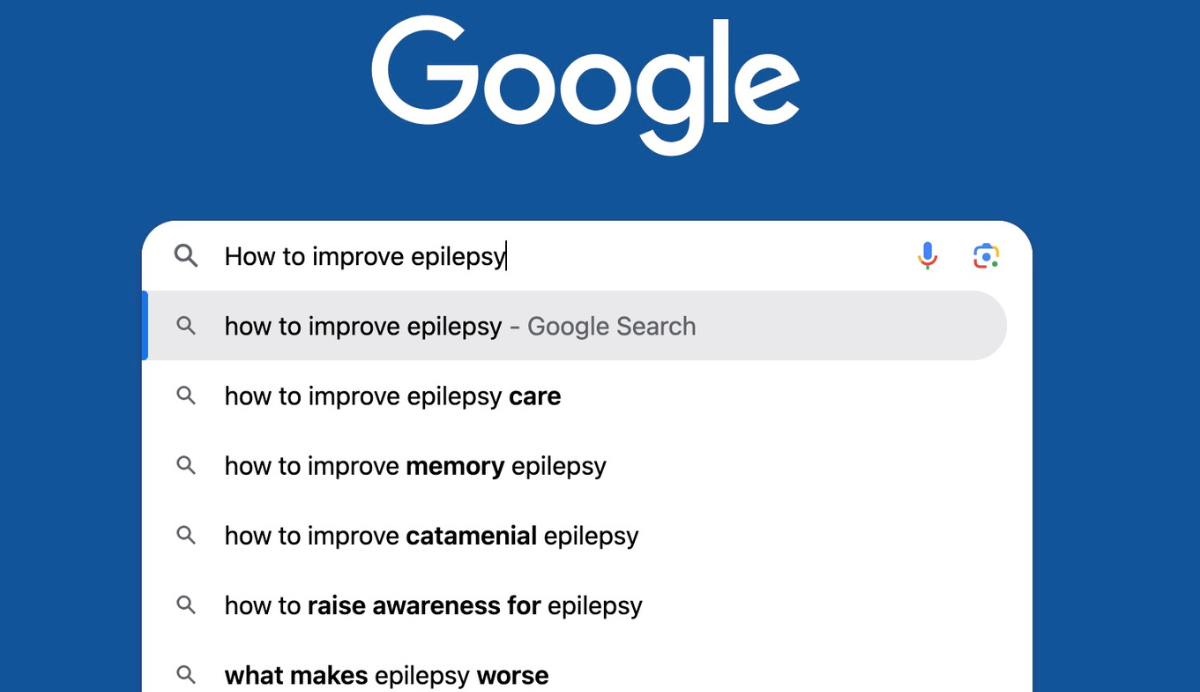Leila Nategh (3rd year)
Epilepsy and Imaging
Supervisor: Prof. Graeme Jackson
SLOWER REACTION TIMES IN DRUG-RESISTANT EPILEPSY COMPARED TO NEW DIAGNOSES
Background: Cognitive changes are a significant concern among individuals with epilepsy, and reaction times (RT) provide a basic measure of cognitive processing. Slow reaction time is prevalent among individuals with drug-resistant epilepsy (DRE). To better characterise the impact of the course of epilepsy and its underlying mechanisms on RT, it has been suggested that people with a new diagnosis of epilepsy (NDE) be studied as a separate group. In this study, we aim to assess whether reaction time is inherently slower in the NDE group compared to healthy controls (HC), whether the DRE group shows the slowest reaction time among the groups, and whether the slowness of reaction time performance changes across a set of tasks varying in complexity.
My research that I presented at the recent symposium shows the significant differences in task reaction times between individuals with drug-resistant epilepsy and healthy controls, especially in complex decision-making tasks.
Newly diagnosed epilepsy patients showed no significant deficits compared to drug-resistant patients, except in complex tasks. These findings suggest that reaction time deficits worsen with task complexity, potentially due to ongoing seizures and polytherapy in drug-resistant epilepsy.
As an early-career researcher, why is it important to take part in a symposium? What unique insights or experiences do you believe you can gain from being involved?
Participating in the symposium has been vital for networking, gaining fresh ideas, and enhancing my public speaking skills. It provides a platform to exchange knowledge and stay up-to-date with the latest developments in my field.
How do you believe your participation contributes to the advancement of your field? What impact does it have for epilepsy research?
Sharing research findings, fostering discussions, and inspiring others in the field all contribute to the advancement of epilepsy research. The symposium helps to spread awareness and encourage collaborative efforts to tackle complex research questions.
Can you describe how your involvement in the symposium could lead to potential collaborations or new perspectives that might enrich your current research project?
My involvement in the symposium has led to collaborations by connecting with like-minded researchers and experts.
In what ways do you think your involvement in a student symposium can inspire and motivate other students to pursue their own research interests?
My involvement in the student symposium has inspired and motivated other students by highlighting the benefits of active participation in academic events. It showcased opportunities for learning, networking, and personal growth, encouraging them to explore their research interests beyond just reading theory.
-2.jpg)
AEP Keynotes at AWS Summit Sydney Innovation Day

AEP hailed as an exemplar for transforming lives


